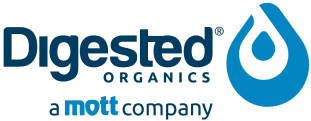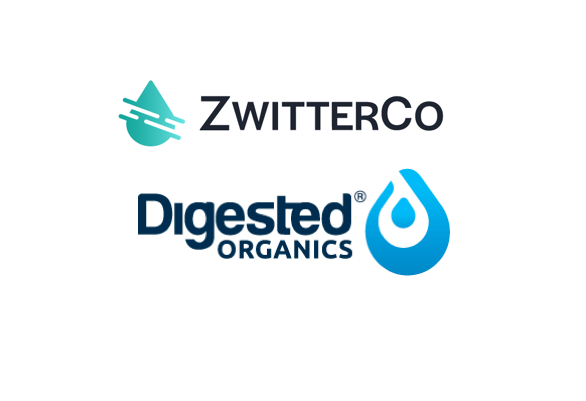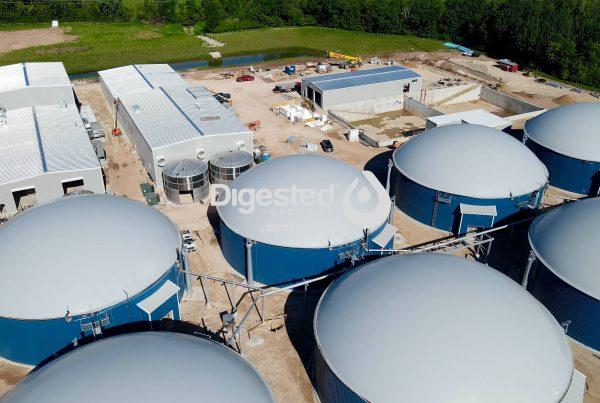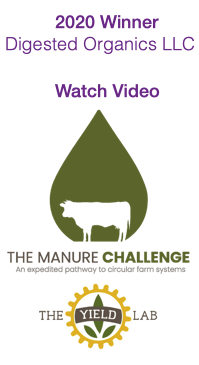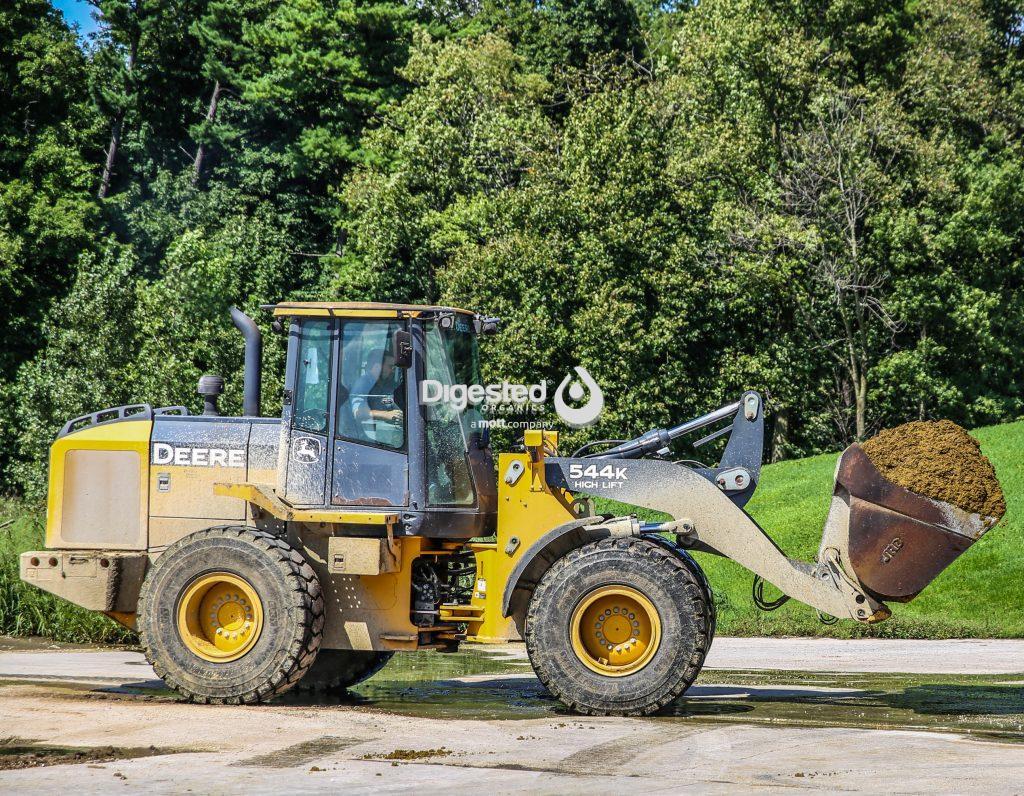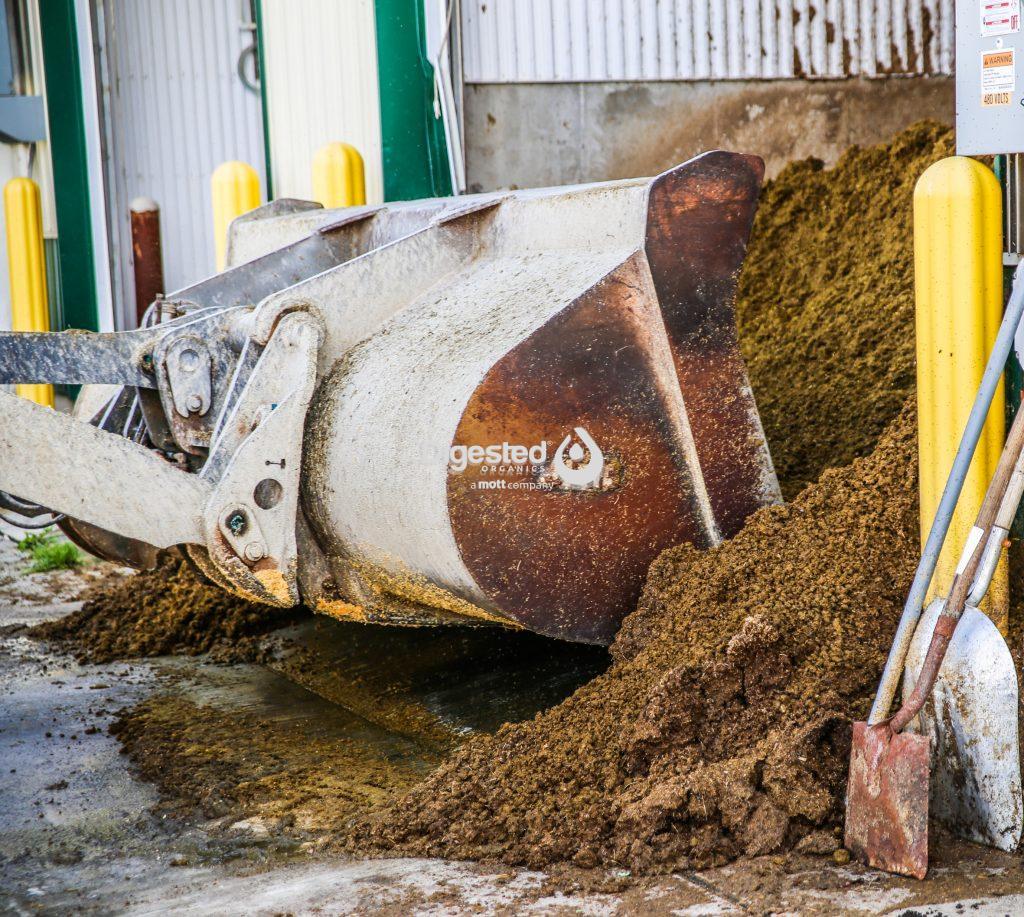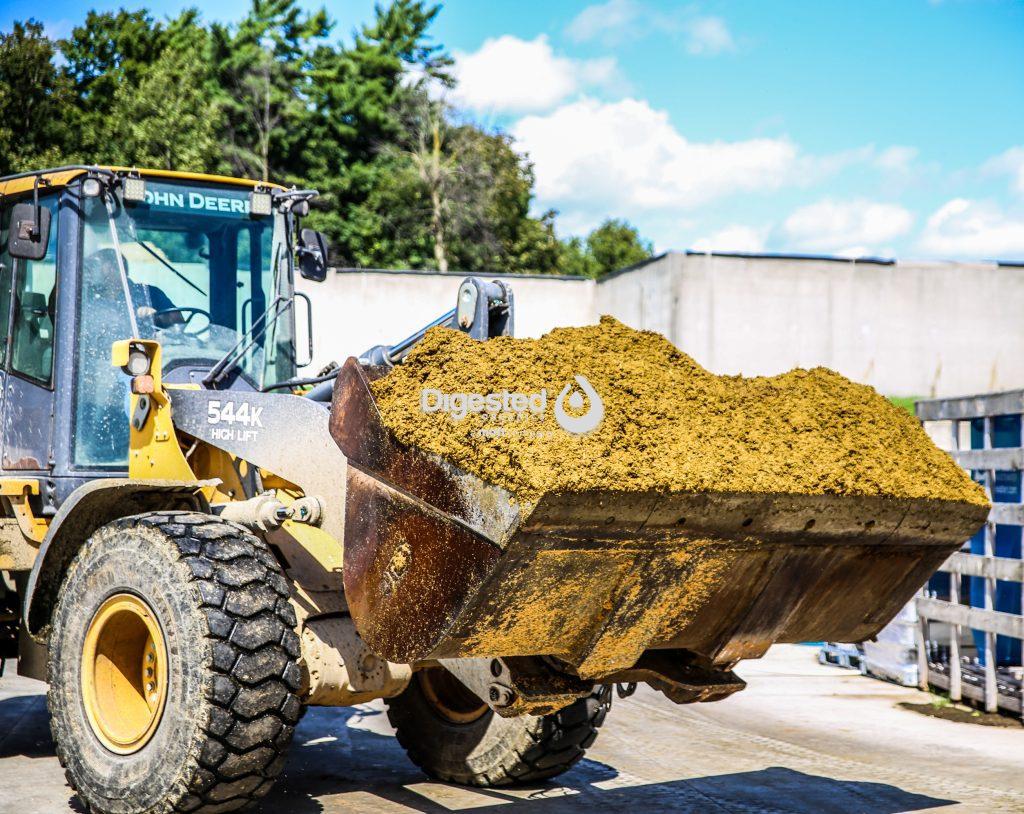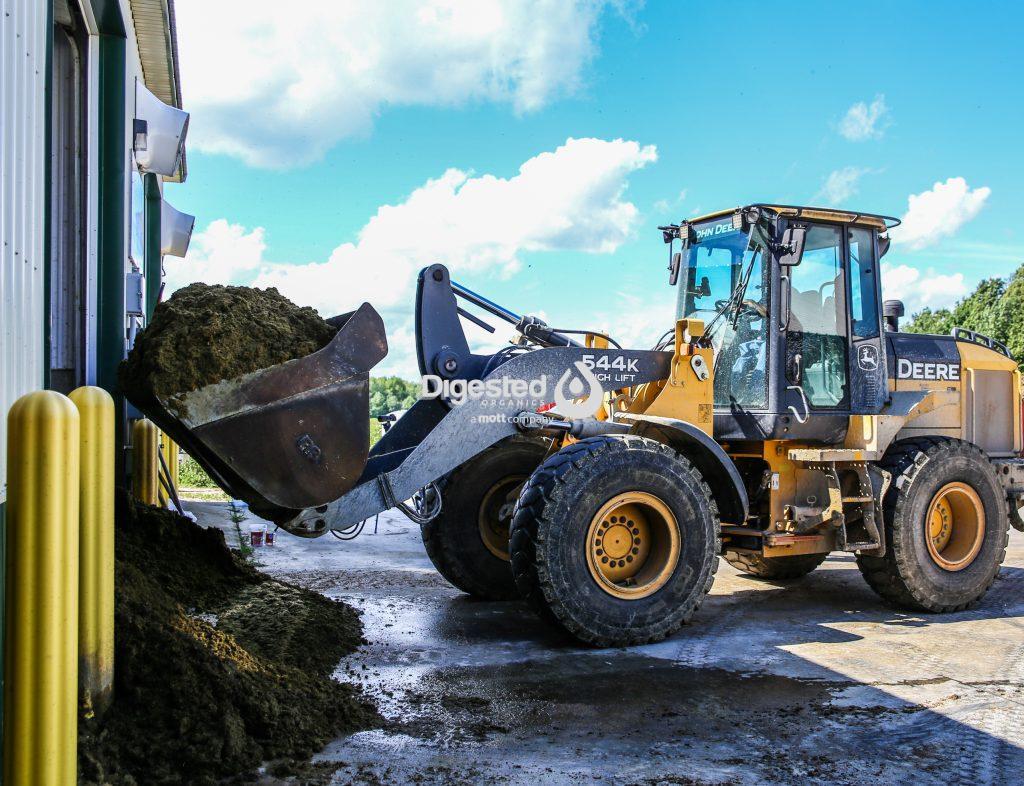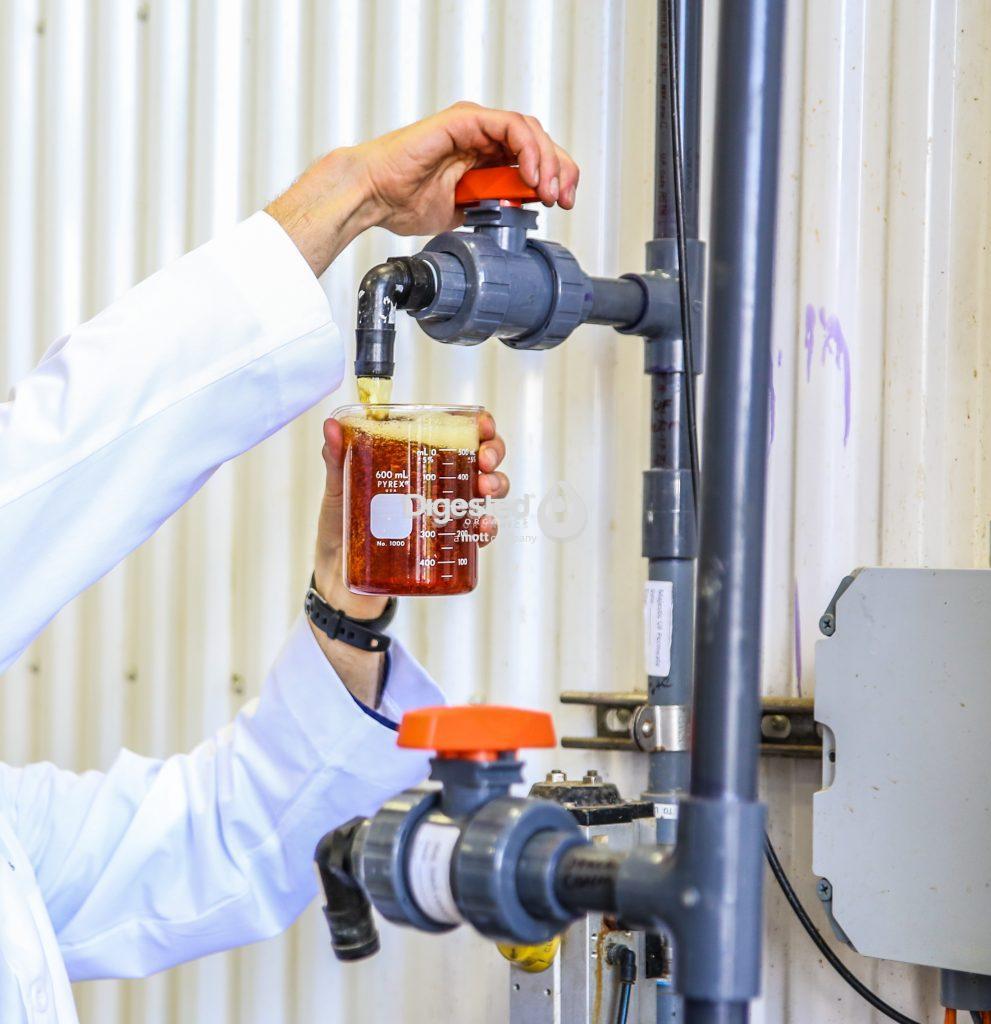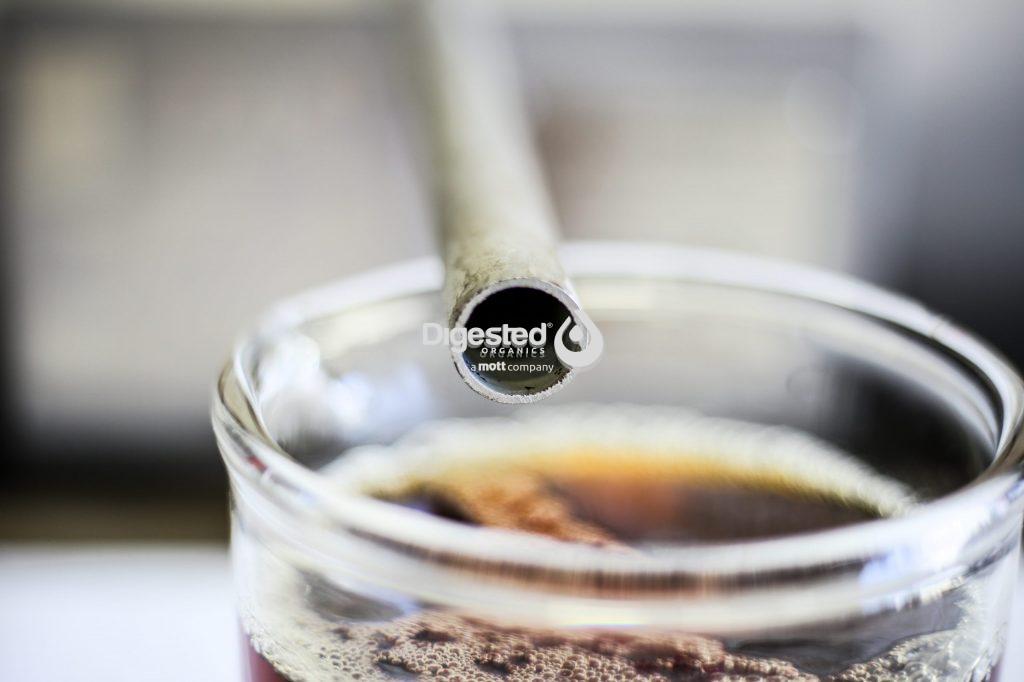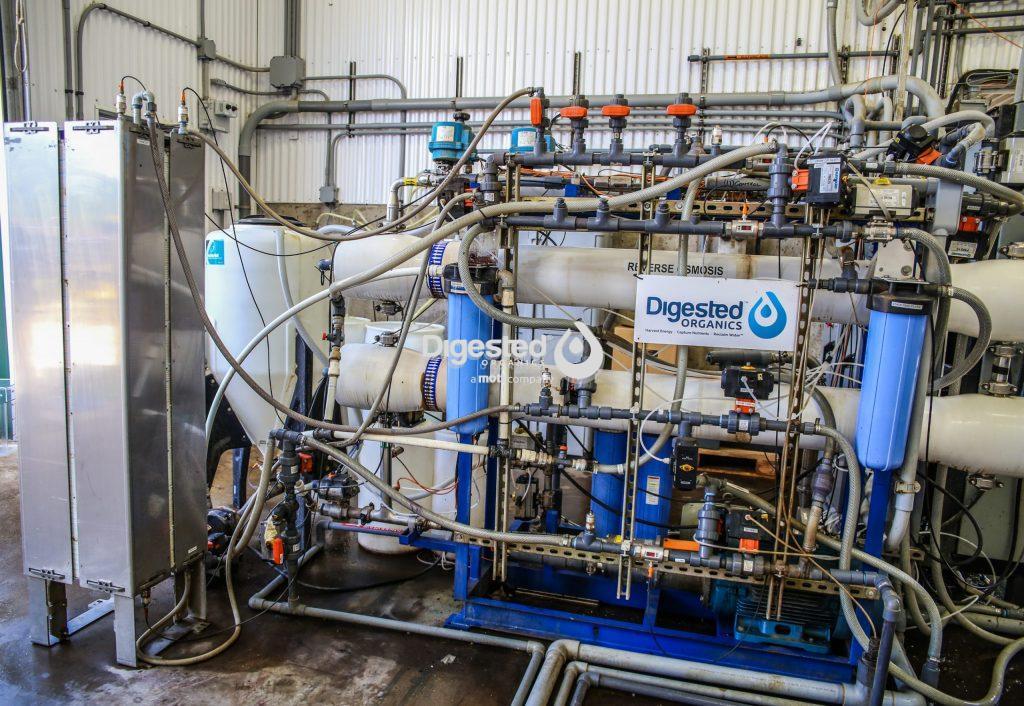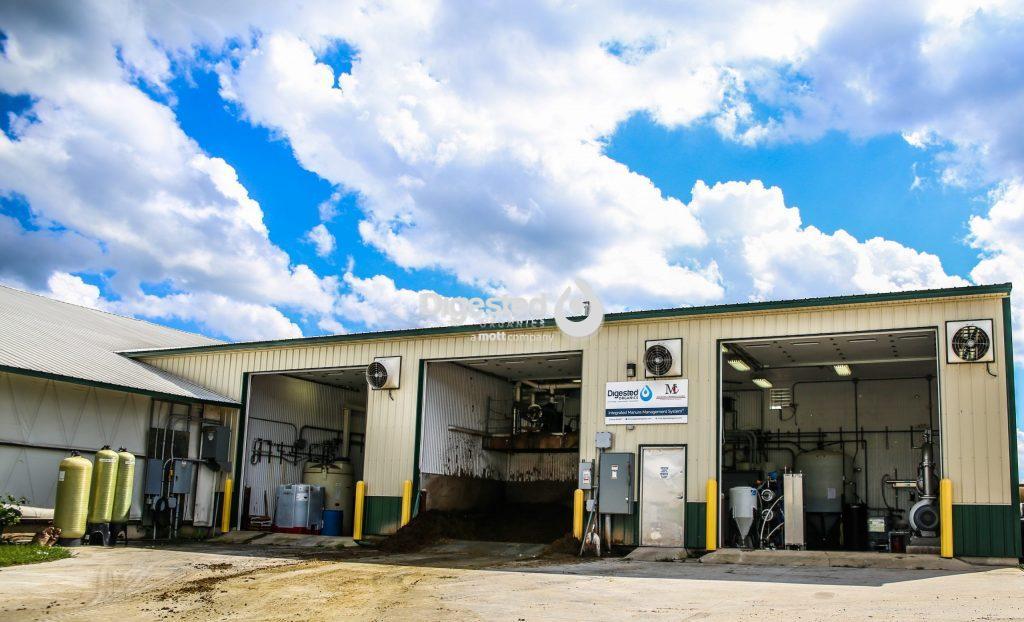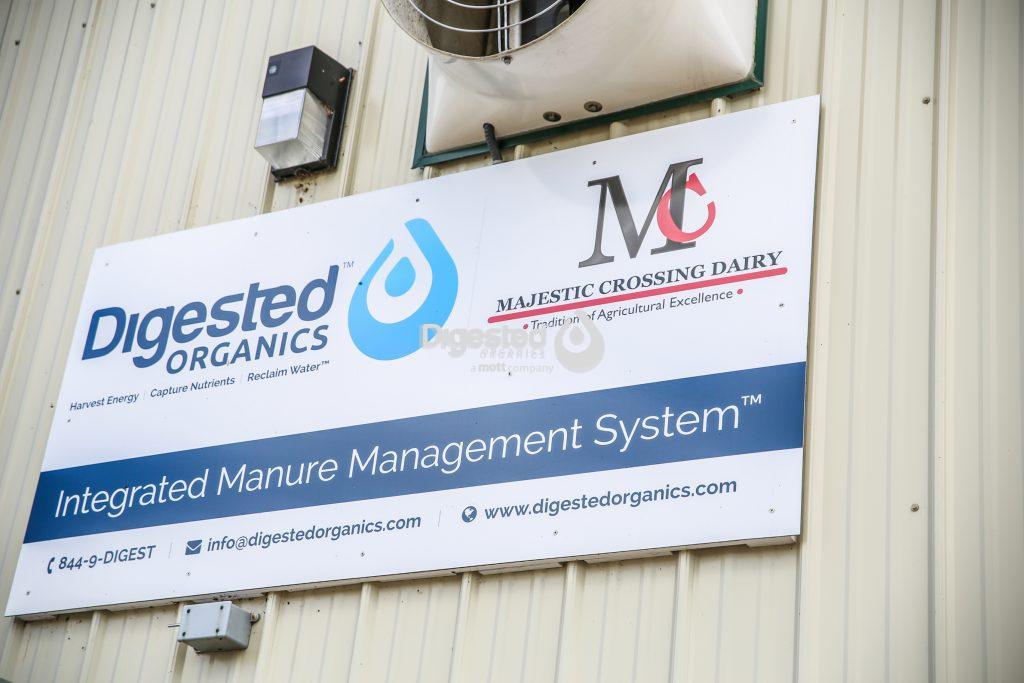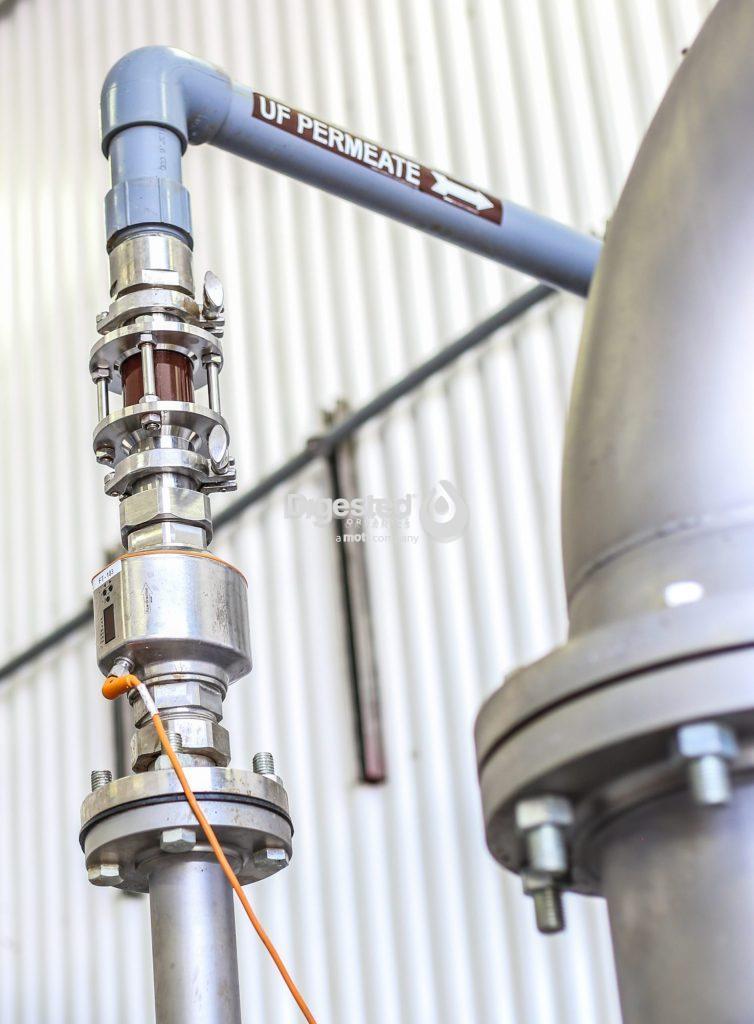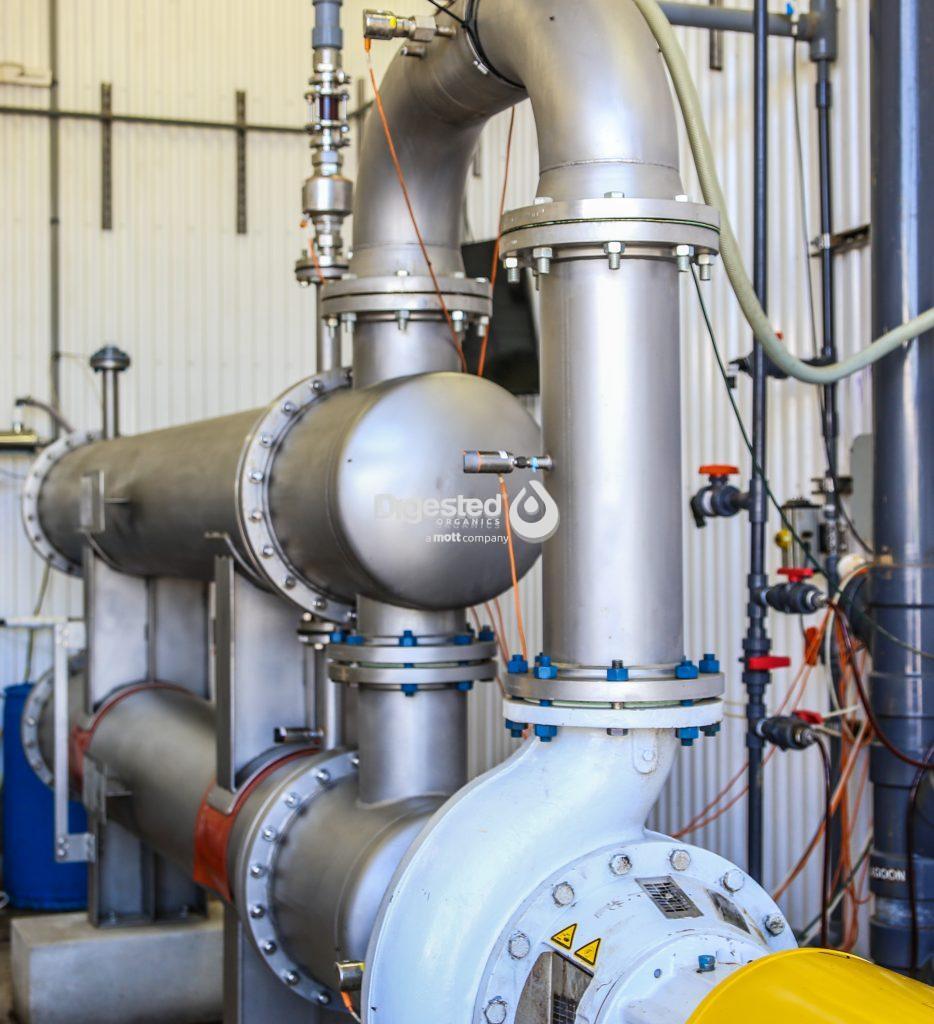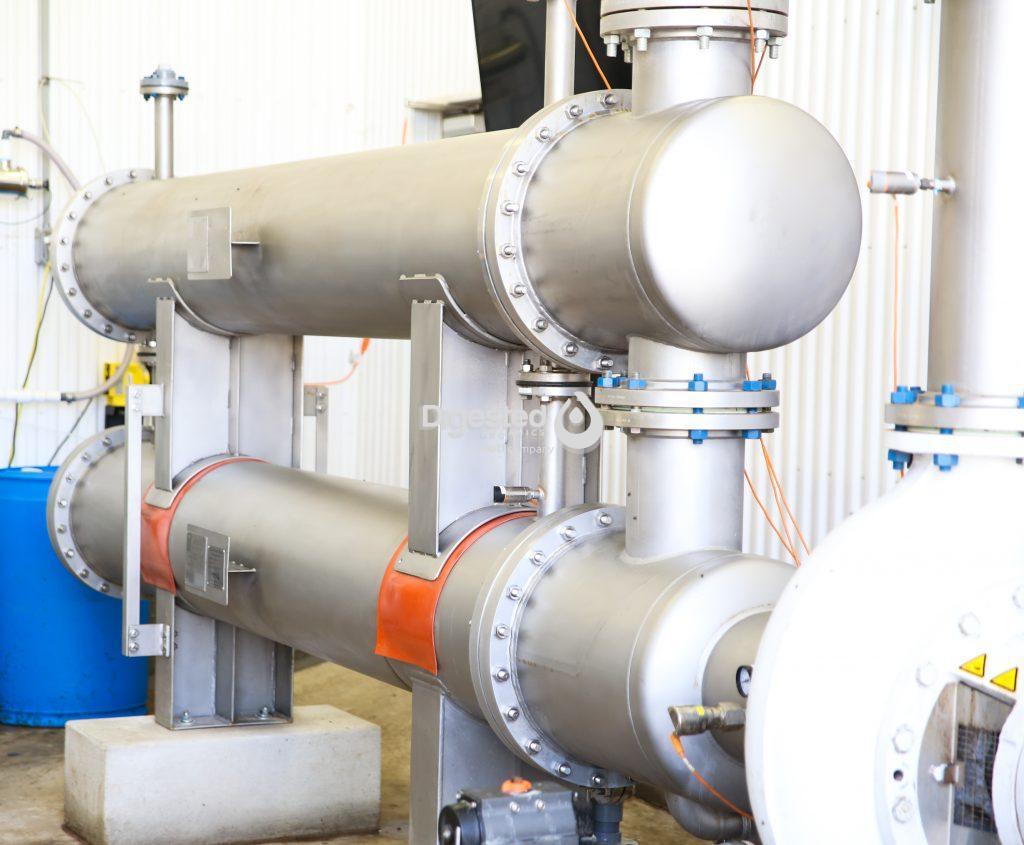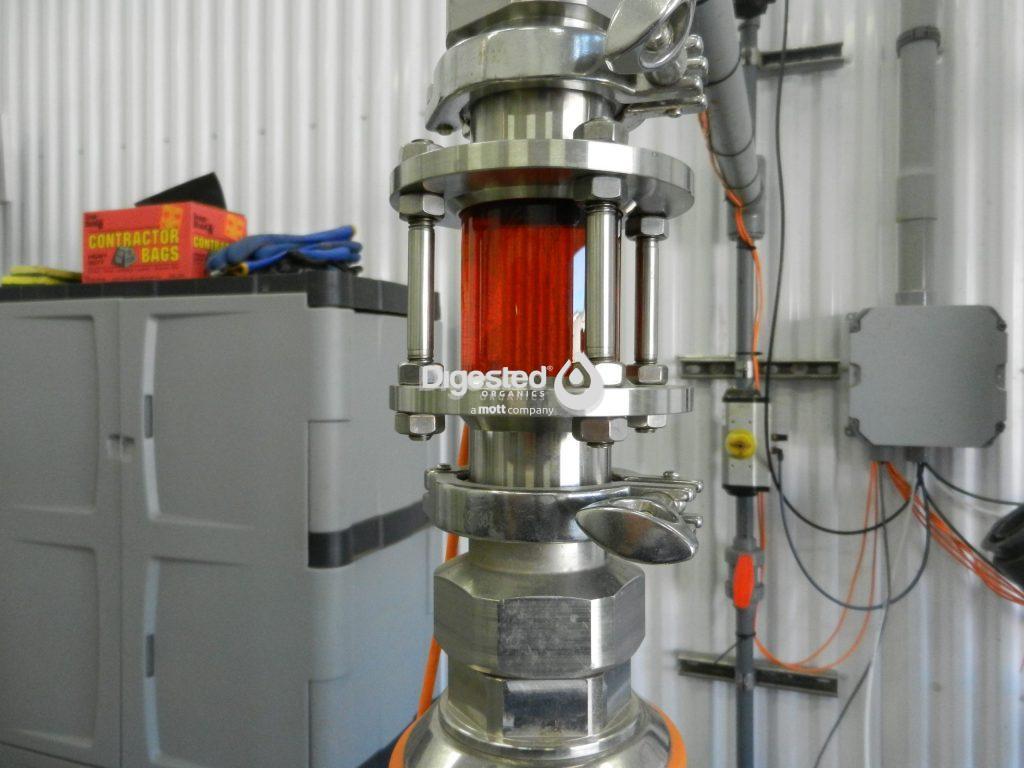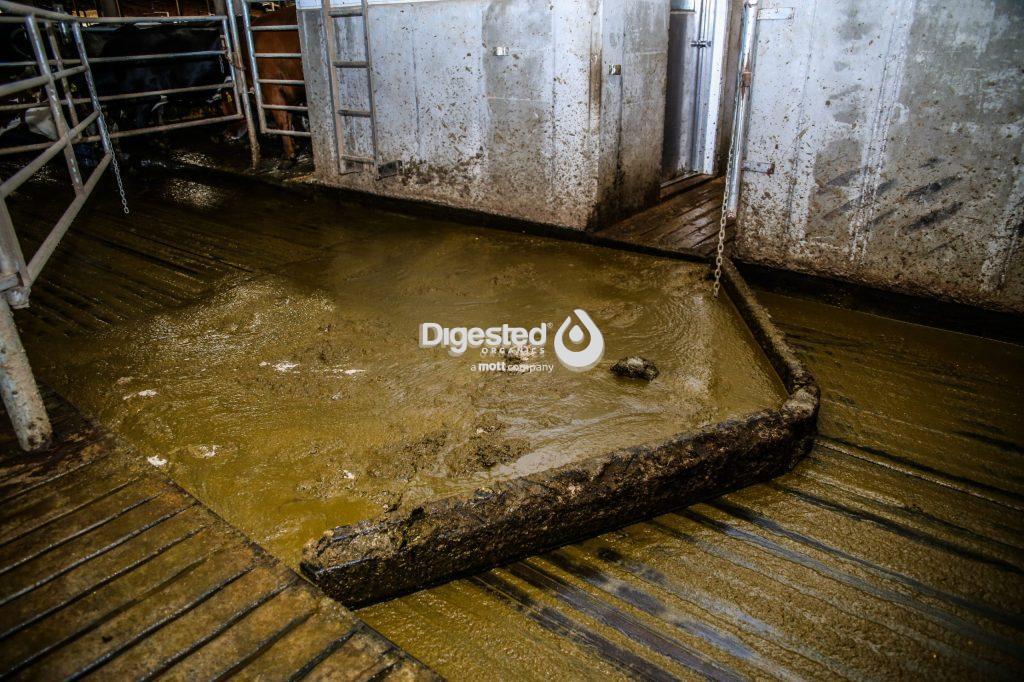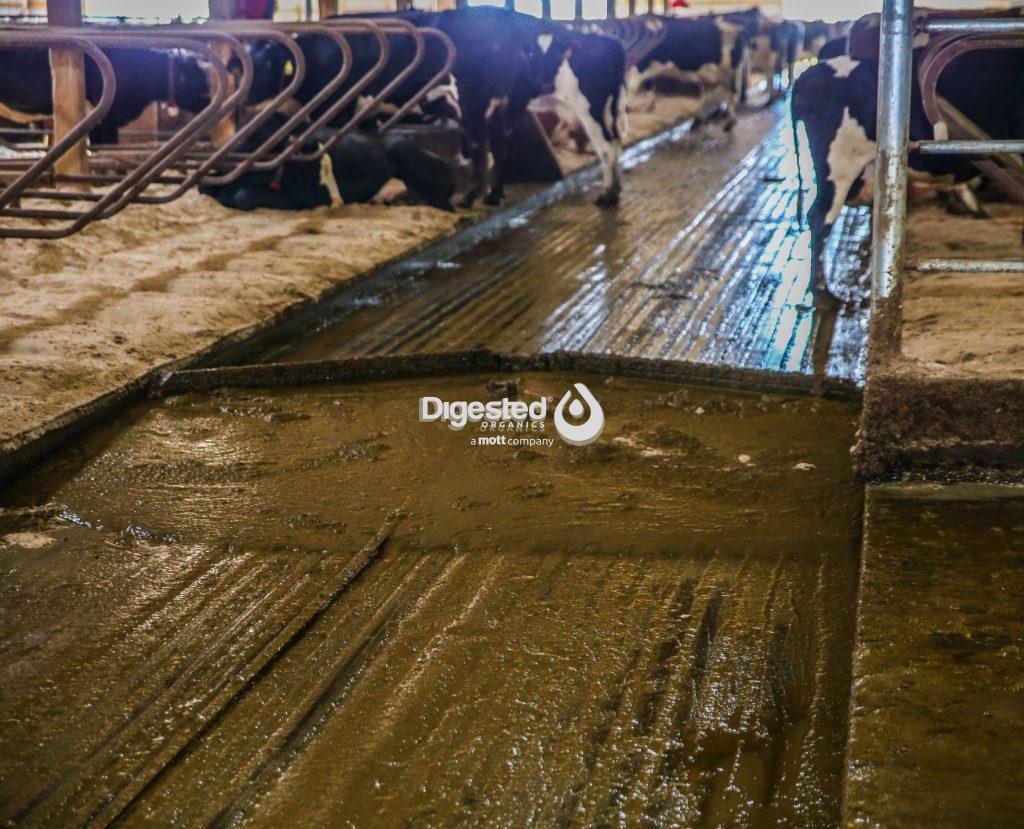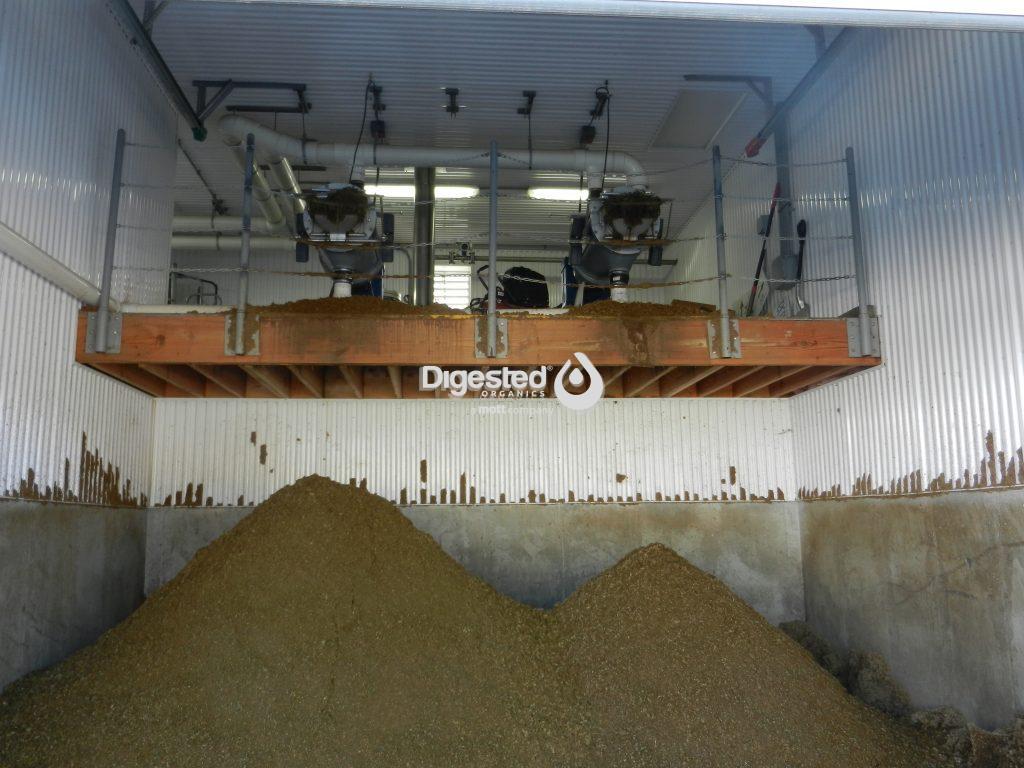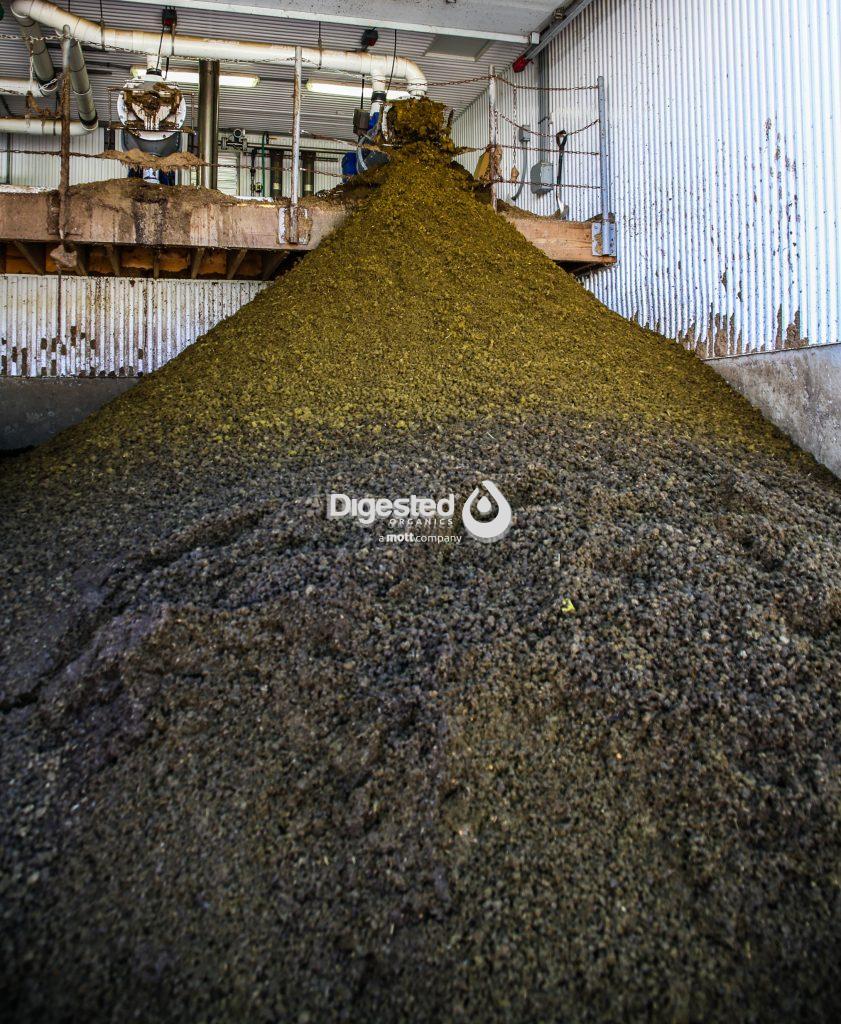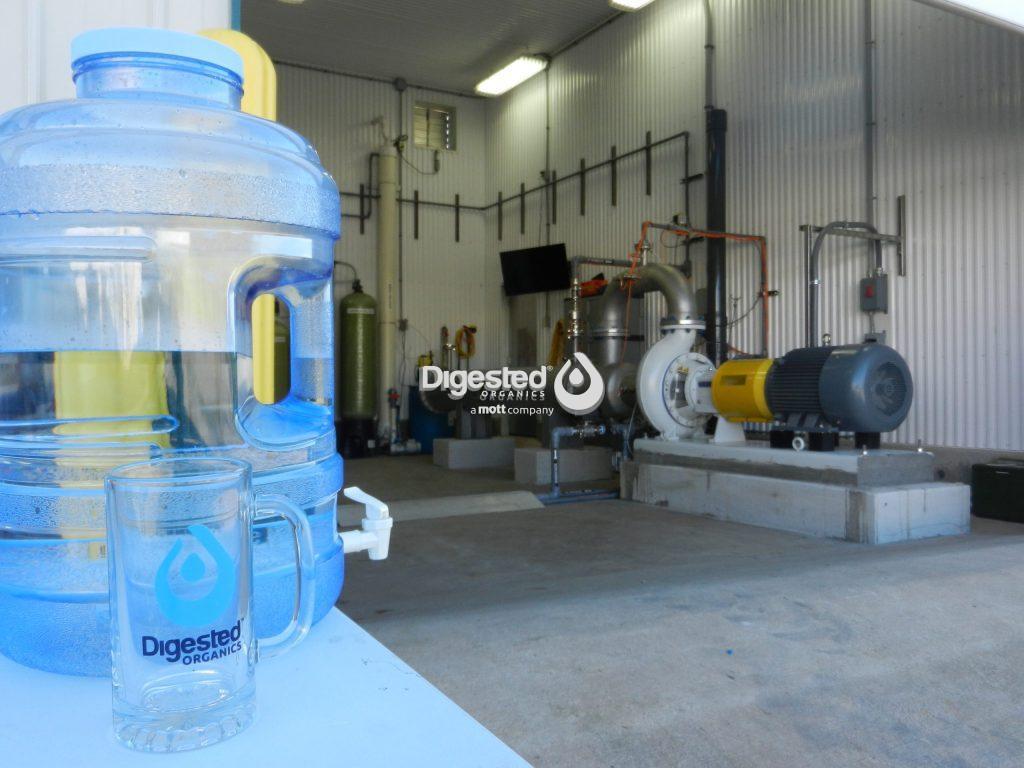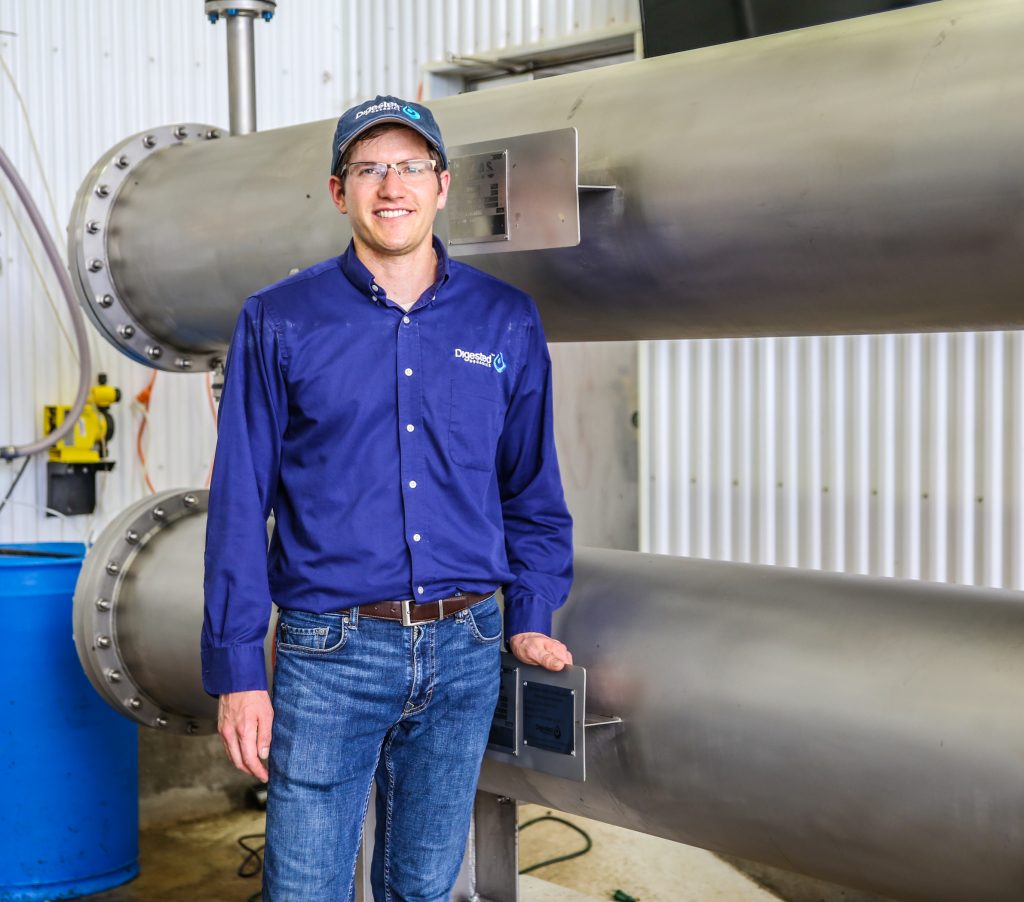Discover our in-house pilot testing facility in Farmington Hills, Michigan, where our PhD-led team embraces research pilot testing to tackle your complex liquid separation issues. Our fully equipped lab and pilot testing setup cater to projects of any size, from 5 to 1,000 gallons, integrating advanced techniques like screening, microfiltration, ultrafiltration, and reverse osmosis. Under the expert guidance of Dr. Sam Bagchi, our dedicated scientists and technicians focus on crafting tailored, cost-effective, and efficient solutions to meet your specific needs, demonstrating our commitment to innovative and reliable liquid separation solutions.
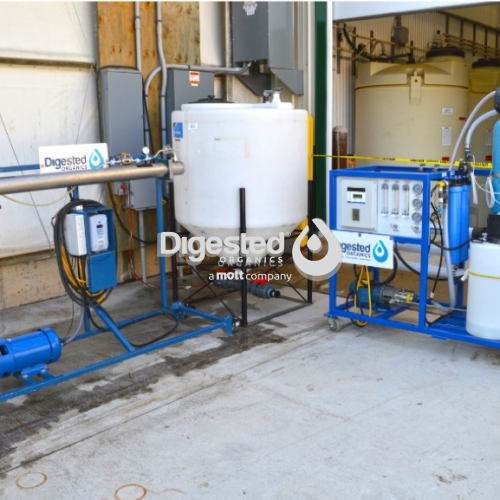
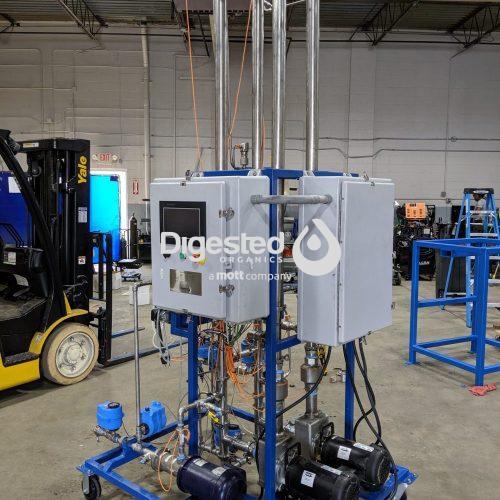
Key Equipment for Research Pilot Testing
In our state-of-the-art facility, we leverage advanced testing equipment for research pilot testing, ensuring high precision and reliability in liquid separation processes. Here’s a snapshot of the key equipment we utilize:
- Vibratory screen (various screens 80-1000 micron available)
- Spiral Brush Filter (15, 25, 50, and 100 micron screens)
- Stainless Steel Microfiltration (0.1 micron average pore size)
- Stainless Steel Ultrafiltration (0.02 micron average pore size)
- Reverse Osmosis
- Superfiltration
- PVDF Ultrafiltration
Comprehensive Wet Chemistry for Research Pilot Testing
Our wet chemistry testing, integral to our research pilot testing efforts, encompasses a comprehensive range of analyses to ensure thorough evaluation of liquid samples. These analyses include:
- Total solids
- Total suspended solids
- Total dissolved solids
- pH
- Electrical conductivity
- Total nitrogen
- Ammonia nitrogen
- Total phosphorus
- Chemical Oxygen Demand
Additionally, for a more detailed insight, third-party laboratories often conduct further testing on raw samples, permeate, and concentrate, covering essential parameters such as Total Solids, Total Kjeldahl Nitrogen (TKN), Ammonia-Nitrogen (NH4-N), and more, providing a complete picture vital for research pilot testing.
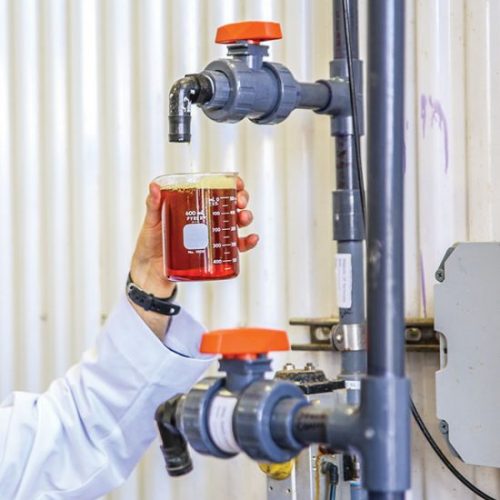
Typical Pilot Testing Experience
Our approach to in-house research pilot testing simplifies the process while ensuring comprehensive analysis. Here’s a step-by-step overview:
- Customers send us 20 to 40 gallons of their material in containers such as carboys, Cubitainers, or 5-gallon buckets. We’re available to offer guidance on the best shipping methods.
- Upon receiving your sample, we immediately proceed with testing. This includes analyzing both the raw material and the filtration products in our in-house lab as well as external facilities.
- Operational data from the pilot testing equipment are collected, including flow rates, temperatures, pressures, and membrane flux rates, to sketch out a preliminary design for scaling up to commercial equipment.
- Our team undertakes necessary cleaning protocols for our screening or membrane equipment to identify any unique challenges your liquid might pose, ensuring compatibility with standard Clean-in-Place procedures.
- Finally, we compile our findings into a detailed pilot report, typically accompanied by a budgetary proposal, to guide the next steps toward commercialization.
This structured approach not only emphasizes the importance of research pilot testing in our process but also ensures a smooth transition from testing to application.
With a quick in-house pilot test, we can identify the best solution for your application, produce representative samples of filtrate and concentrate for analysis, and collect data to complete a preliminary design for a commercial installation.
Our dedicated staff is available to schedule your pilot test, typically within a few business days. This means we can run your samples right when they show up for the best results.
Pilot testing is an affordable way to quickly determine how effective our filtration solutions can be for your application. Take the guess work out of your commercial design by starting with a pilot test today.
Reference Articles
Fresh From The Blog
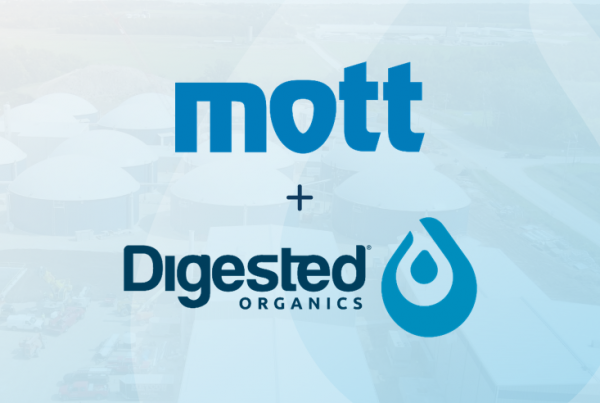
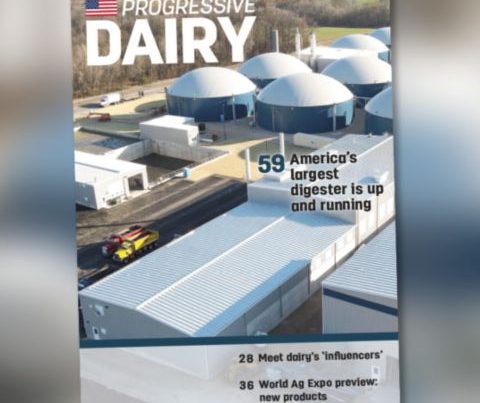
FAQs: Research pilot testing
What is research pilot testing?
Research pilot testing refers to the comprehensive process of analyzing and testing materials or products on a smaller scale before full commercial production. It’s designed to identify optimal processes, operational parameters, and potential improvements.
How does research pilot testing benefit my project?
It provides critical data on the feasibility, efficiency, and scalability of processes, reducing risks and costs associated with scaling up to commercial production by ensuring the process is optimized from the start.
What materials can be tested through research pilot testing?
A wide range of materials, including liquids and solids across various industries, such as wastewater, chemicals, and food products, can be tested to assess separation, purification, and other process efficiencies.
How long does research pilot testing take?
The duration varies based on the complexity of the testing, the nature of the material, and the specific objectives. Typically, it ranges from a few weeks to several months.
Can research pilot testing be customized for specific needs?
Yes, testing protocols and setups are highly customizable to meet the unique requirements of each project, ensuring that the testing is relevant and focused on achieving specific goals.
